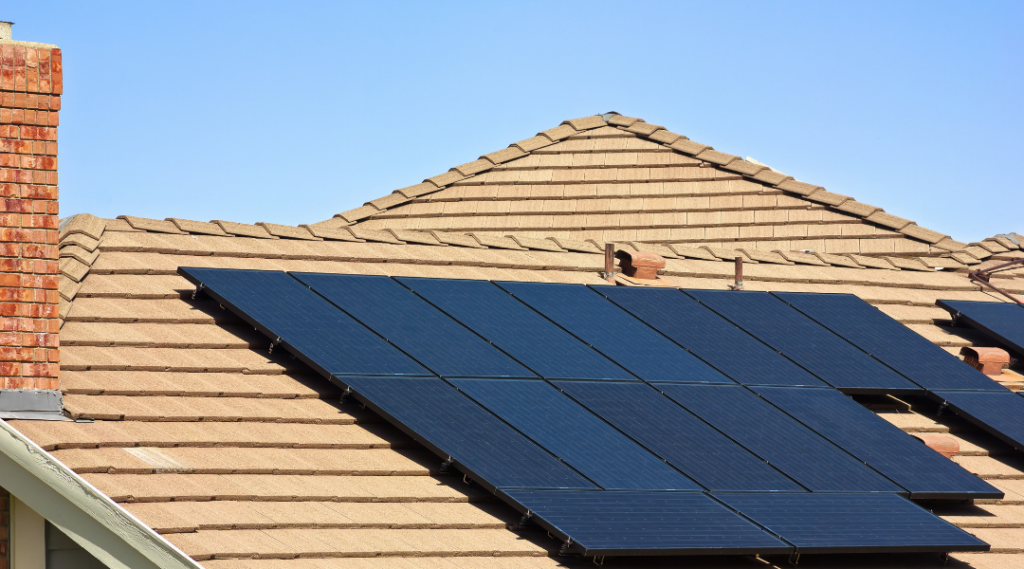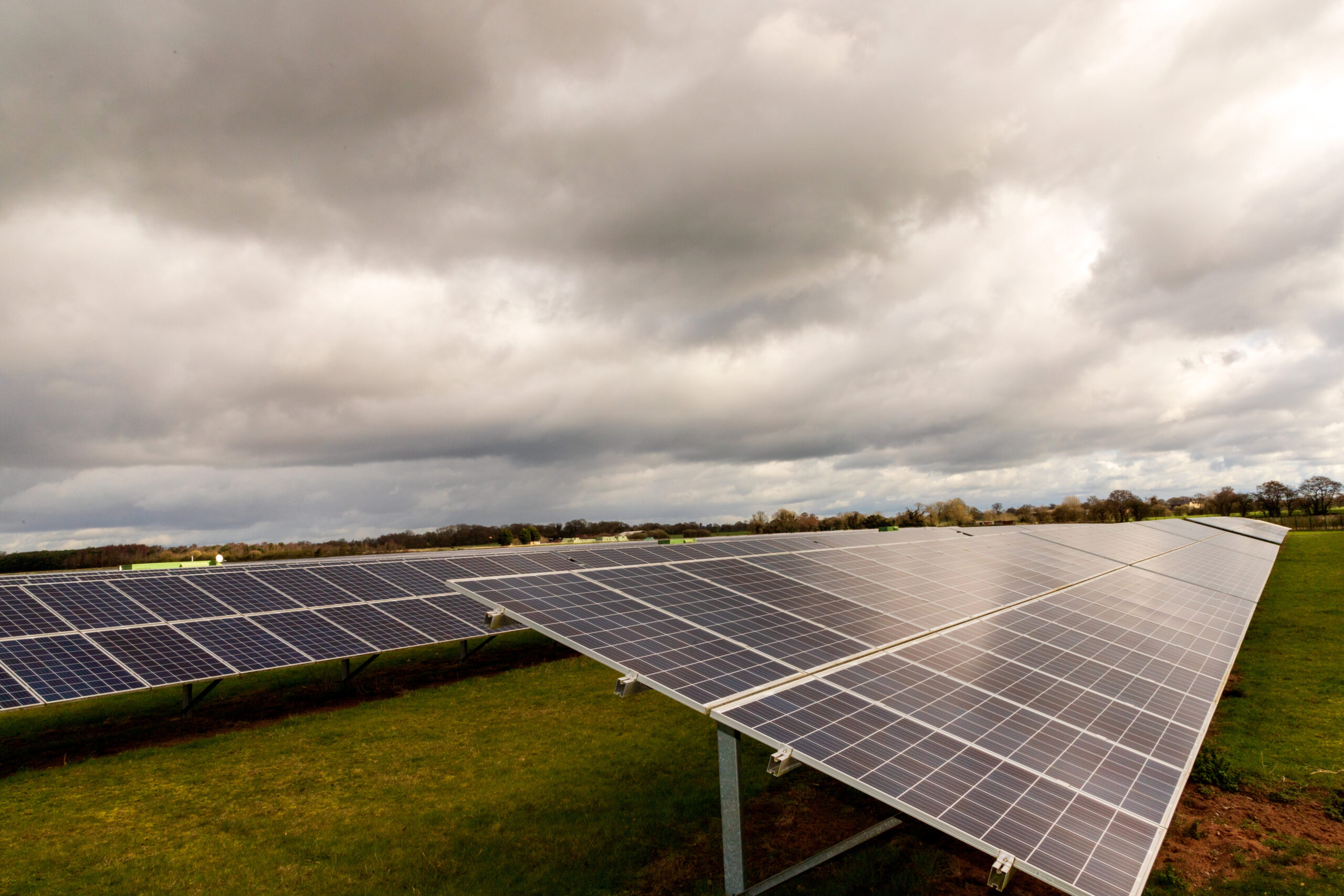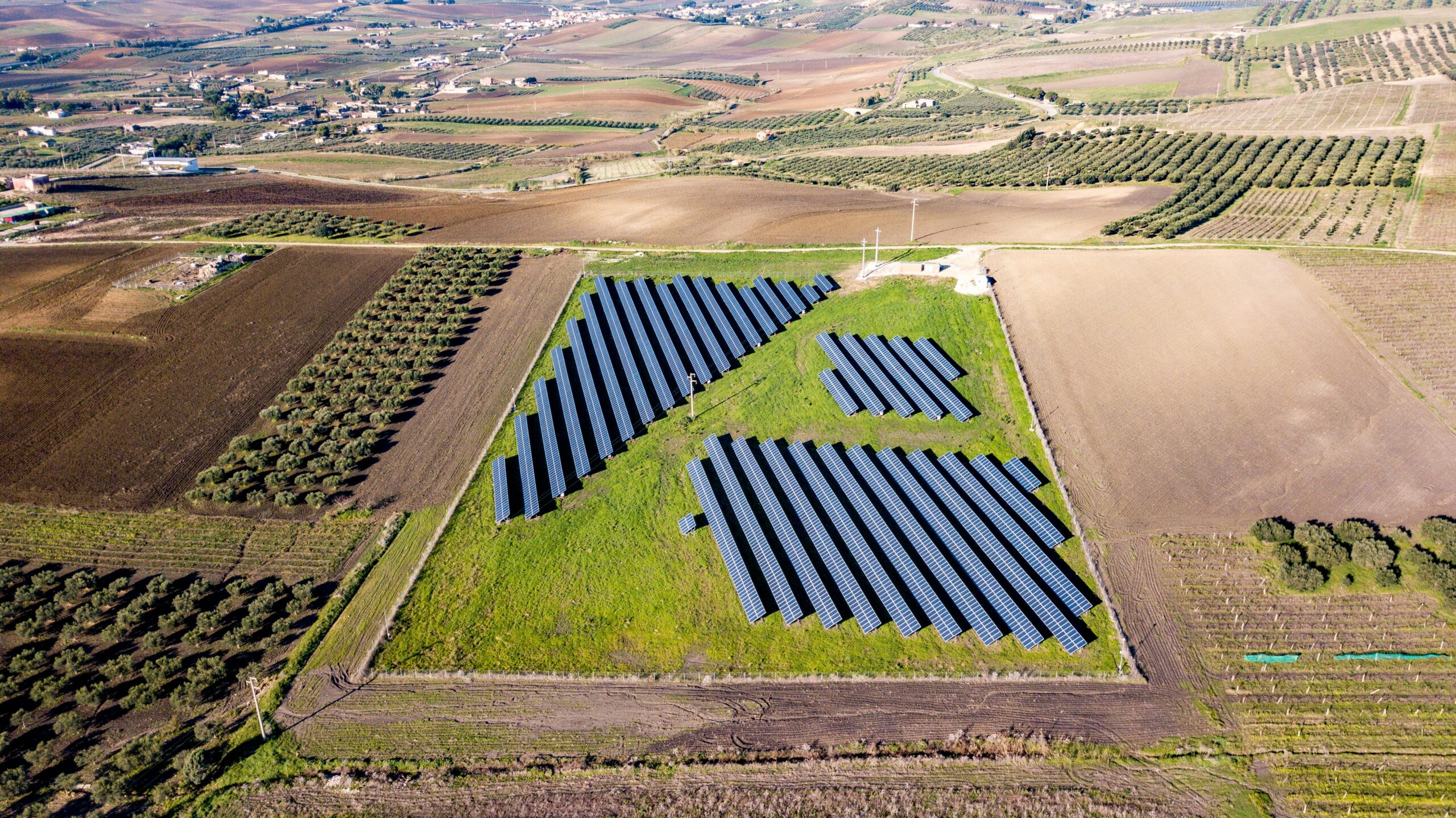When considering whether solar panels are the right options for you, one common concern often arises: Do I need planning permission to put solar panels on my roof? Understanding the regulations surrounding solar panel installations is essential to ensure compliance and avoid potential legal issues.
This guide aims to clarify when planning permission is required and when it isn’t, helping you make informed decisions about your solar energy project.
When You Do NOT Need Planning Permission
Overview of Permitted Development Rights
In many cases, homeowners can install solar panels without the need for planning permission, thanks to the UK’s “permitted development” rights. These rights allow certain types of home improvements, including solar panel installations, to proceed without the need for formal planning consent, provided specific conditions are met.
Conditions for Permitted Development
Here are the typical conditions under which your solar panel installation would be considered permitted development:
- Size and Projection: The panels must not exceed a certain size and should not project more than 200mm from the roof’s surface.
- Positioning: Panels should be positioned to minimize their visual impact on the building’s appearance. Ideally, they should not be installed on the primary elevation facing a highway, especially if it affects the aesthetic of the property.
- Non-intrusive Design: The installation should not negatively affect the external appearance of the building or the surrounding area.
For most standard homes, particularly those not located in special zones (e.g., conservation areas), these installations fall under permitted development. This makes it easier for homeowners to go green without additional bureaucratic hurdles. Remember, it’s important to ensure you comply with local planning restrictions, so it’s advisable to consult your local planning authority before making any decisions.
When You DO Need Planning Permission
Special Circumstances Requiring Permission
While many installations are straightforward, there are specific circumstances where planning permission is necessary:
- Listed Buildings: If your property is a listed building, any alterations, including solar panel installations, generally require planning permission. This is to ensure that the changes do not compromise the building’s historical integrity.
- Conservation Areas and World Heritage Sites: Homes located in conservation areas or World Heritage Sites often have stricter regulations to preserve the character of the area. In such cases, planning permission is usually required, especially if the panels would be visible from public spaces.
- Exceeding Permitted Development Criteria: If your proposed installation does not meet the criteria set out under permitted development rights—such as exceeding the allowable size or being placed in a highly visible location—you will need to apply for planning permission.
Example Scenario
Imagine you live in a beautiful, old cottage in a conservation area. While you might want to embrace solar energy, the visible placement of panels on your roof could alter the historic character of the neighbourhood. In this case, planning permission would likely be required to ensure the installation is sympathetic to the surroundings.
How to Apply for Planning Permission
Steps to Secure Planning Permission
If you determine that planning permission is necessary, follow these steps to navigate the process:
- Consult Local Council Guidelines: Start by checking your local council’s website for specific guidelines related to solar panel installations. Each council may have slightly different rules.
- Prepare Required Documentation: Gather necessary documents, including detailed plans of the installation, photographs of the property, and any other information the council might require.
- Submit Your Application: Complete the planning permission application form available from your local council’s website. You’ll need to submit it along with the supporting documents.
- Wait for Approval: Once submitted, the process usually takes around 8 weeks. During this time, the council may request additional information or modifications to your plan.
Costs and Professional Help
Planning application fees can vary, so it’s worth checking with your local council. Additionally, consulting with a solar installation company or a planning consultant can be beneficial—they can guide you through the process and help ensure your application meets all necessary criteria.
Benefits of Complying with Planning Regulations
Why Adhering to Rules Matters
Complying with planning regulations offers several benefits, both immediate and long-term:
- Avoid Legal Issues: Failure to obtain necessary permissions could result in fines, legal challenges, or even the requirement to remove the solar panels.
- Sustainability and Peace of Mind: Properly installed solar panels, in accordance with planning laws, are more likely to have a long, trouble-free operational life.
- Property Value: Homes with approved, well-placed solar panels can see a boost in property value, especially as energy efficiency becomes a more significant selling point.
- Neighbourhood Aesthetics: Adhering to planning guidelines ensures that your installation contributes positively to the overall look and feel of the neighbourhood, maintaining its character and appeal.
Conclusion
In summary, while most UK homeowners won’t need planning permission to install solar panels, it’s crucial to understand the exceptions and consult with professionals when necessary. Ensuring compliance with planning regulations not only avoids potential headaches but also enhances the value and sustainability of your solar investment.
If you’re considering solar panels, don’t hesitate to contact MySolarPower.co.uk for a free consultation. We offer expert guidance, including support with planning permission if required, making your transition to renewable energy as smooth as possible.
Our team is here to help you navigate the installation process, including planning permission if needed.
Frequently asked questions about planning permission
No, most standard installations on homes fall under permitted development rights, meaning planning permission isn’t required. However, exceptions apply for listed buildings, conservation areas, and installations that don’t meet permitted development criteria.
The timeframe can vary, but it typically takes about 8 weeks once the application is submitted. Delays can occur if additional information is required.
If you proceed without the necessary permission, you may be asked to remove the panels, and you could face fines. It’s important to check and comply with regulations beforehand to avoid these issues.


